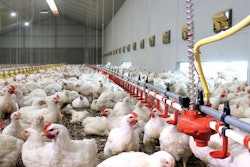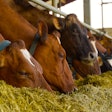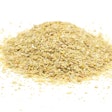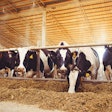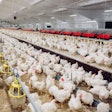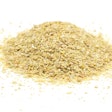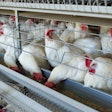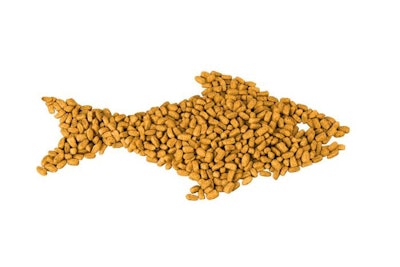
There is an increasing need for more plant-based proteins to feed specialty species.
Concentrated plant proteins made a big news splash in 2020 as an alternative to meat and other animal products. Although this business will rise, at least in some metropolitan regions, most experts anticipate nothing more than another niche market for wealthy consumers.
But concentrated plant proteins are here to stay because they have proven indispensable to feeding young animals. Piglets, chicks and calves are prime examples of animal species that require highly concentrated proteins to thrive early in their lives. As animal-derived proteins are becoming expensive, unavailable, or out-regulated, concentrated plant proteins are increasingly filling the gap. The need for concentrated, palatable, highly digestible and non-offensive (non-allergenic and low in anti-nutritional factors) proteins will only increase.
Then, we must factor in the immense interest in using concentrated plant proteins in aquafeeds, especially for carnivorous species. Already this industry is using a moderate amount of concentrates, but with a global population of 9 billion people projected for 2050, aquaculture farming will explode. The same is expected for plant-based aquafeeds.
So far, soy protein concentrate has dominated this market, and the trend will continue. But there are new and highly engaging contenders, such as barley protein concentrate – with no allergenic properties – and rapeseed protein concentrate. Both are being tested as protein sources for aquatic species to replace fish meal. It will not be long before similar tests are conducted for land species. The most obvious target will be the milk replacers, where an immense amount of milk is currently being used. A non-offensive vegetable protein that could partially replace milk proteins would offer substantial savings. And, of course, we have enzymatically treated and fermented concentrated proteins to consider.
All in all, this is a growing market that is being watched very closely by some big players.



